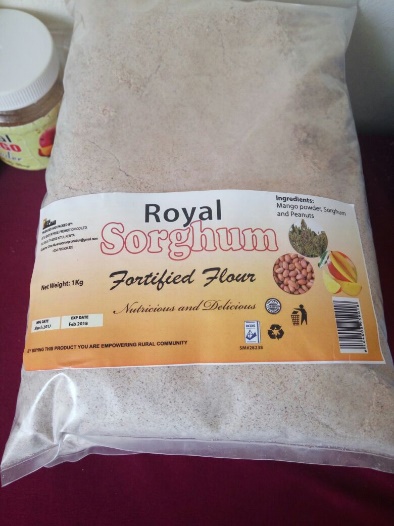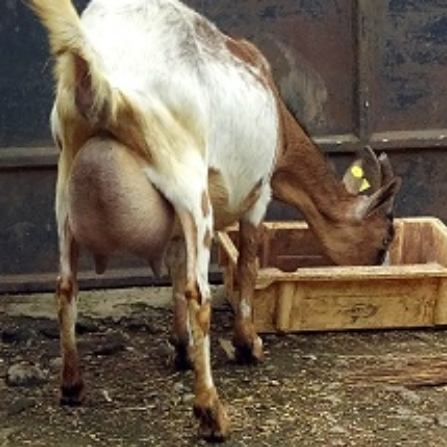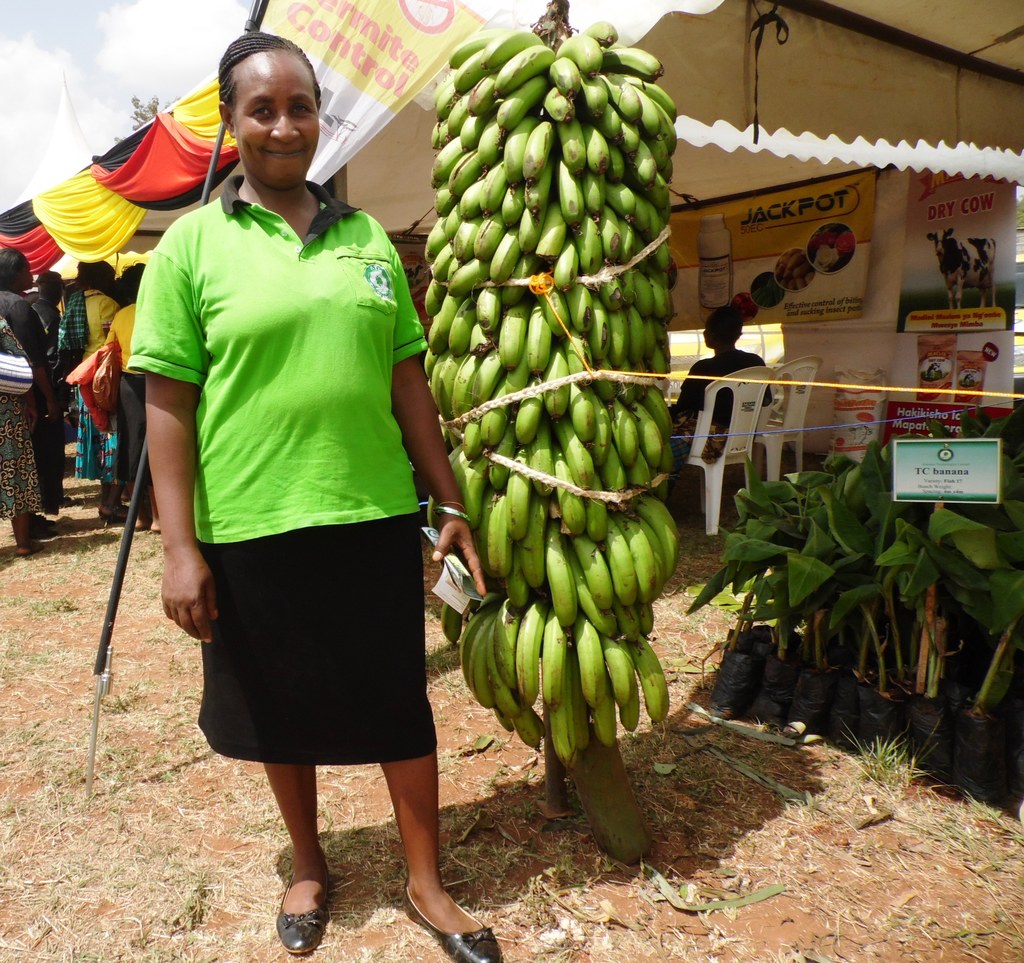Kitui Enterprise Promotion Company (KEPC), a mango processing firm in Kitui in collaboration with the National Environment Trust Fund has helped more than 800 farmers in Kitui to reduce post- harvest losses through value addition of their fruits.
James Mutio is one of the local farmers who have benefited from KEPC initiative. “I started with 50 mango trees back in the year 2012 and currently I have 200 mango trees”
“Previously I used to experience 60 per cent post-harvest losses which have now reduced to 20% as a result of value addition of the mango fruit. The fruit has enabled me have a diversified revenue streams as a result of product range including mango powder, juices, fortified flours and mango flakes acquired from the mango processing”.
Related content
Drying mangoes saves farmers post-harvest loses
Kenyan mangoes have a ripe market in Japan
Middle East market craves for more Kenyan mangoes
Kitui County has a population of about 1.1 million people and it is categorized as an arid and semi- arid region. It is characterized by unreliable rainfall across the year. However, mangoes are the only trees that remain green when the area is dry. The region is one of the Kenya’s arid and semi-arid lands where mango fruit farming is adaptable to this climate hence offering an opportunity to improve social economic status mango farmers in the region.

Mango fruit juices packed ready for distribution/PHOTO/NETFUND
“The project was started in the year 2012 to help women become resilient to climate change, address the challenges of post-harvest losses and enhance diversification in the use of the mango fruit bearing in mind that the fruit is seasonal” says KEPC Chairman David Muthoka.
“KEPC processes mango juice, mango powder and fortified flour with the aim of increasing incomes from commercialized agricultural value chains to improve livelihoods of over 800 small scale farmers in the County by utilizing appropriate technologies, knowledge, skills and available resources. The powder produced is a healthy additive to juices and also fortifies other products like porridge flour and maize flour hence enhancing nutritional value”.

One of the fortified flours made from mango fruit by Kitui Enterprise Promotion Company/PHOTO/NETFUND
Agriculture plays a significant role in Kenya’s economy accounting for 32.9 per cent of gross domestic product with an estimated 75 per cent of Kenya’s 46m population involved in some agricultural activity and 75 per cent operating much below average yields with 40 to 50 per cent productivity levels (Food and Agriculture Organization, 2017).
National Environment Trust Fund (NETFUND) has helped the farmers address the most pressing needs and demonstrate environmental impact through applied research and support to innovative projects in the quest of alleviating poverty and mitigating the effects of climate change.
“We have been able to purchase a generator, solar drier, bio-mass drier machines for KEPC to increase production capacity and enhance quality of mango products”said NETFUND’s incubation Manager Andrew Machora.
“In addition the company has also acquired Kenya Bureau of Standard Certification (KEBS), Environmental Impact Assessment (EIA) license and currently is in the process of registration to be a member of COMESA courtesy of NETFUND”.
Farmers in the region were trained on the concept of post-harvest handling of mangoes to avoid shortage and how to mitigate the effects of climate change through the mango fruit. The company has eight permanent employees who run the operations of the company both in production and administration. The innovation plays a key role in socio-economic development having benefited over 20,000 poor and vulnerable communities. The target market includes the local hotels, events like county forums and workshops.
Write comment (4 Comments)
















